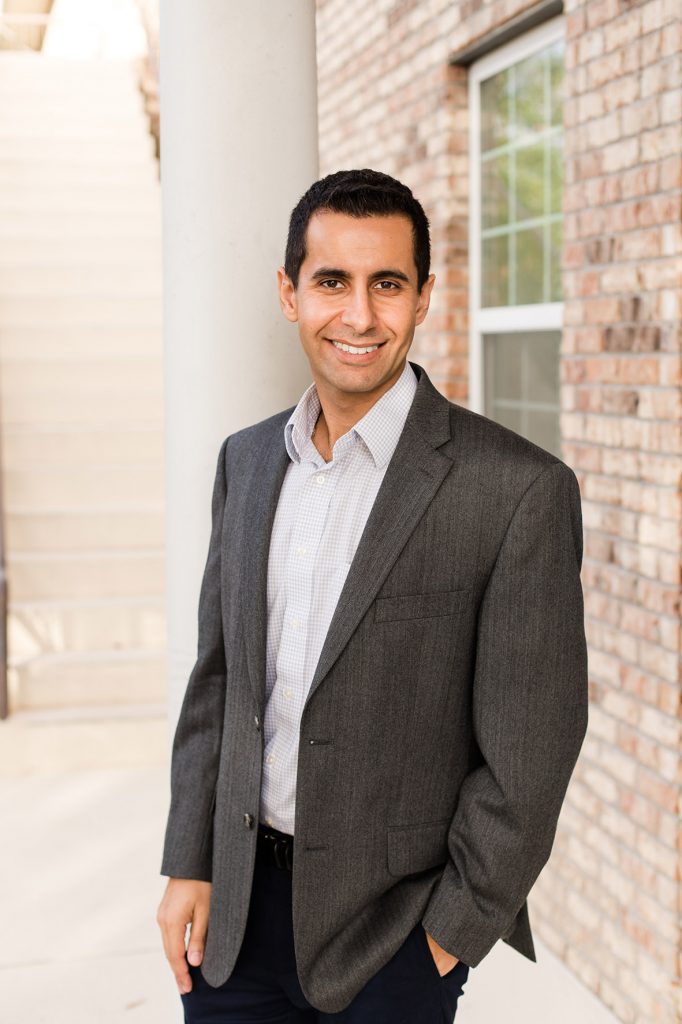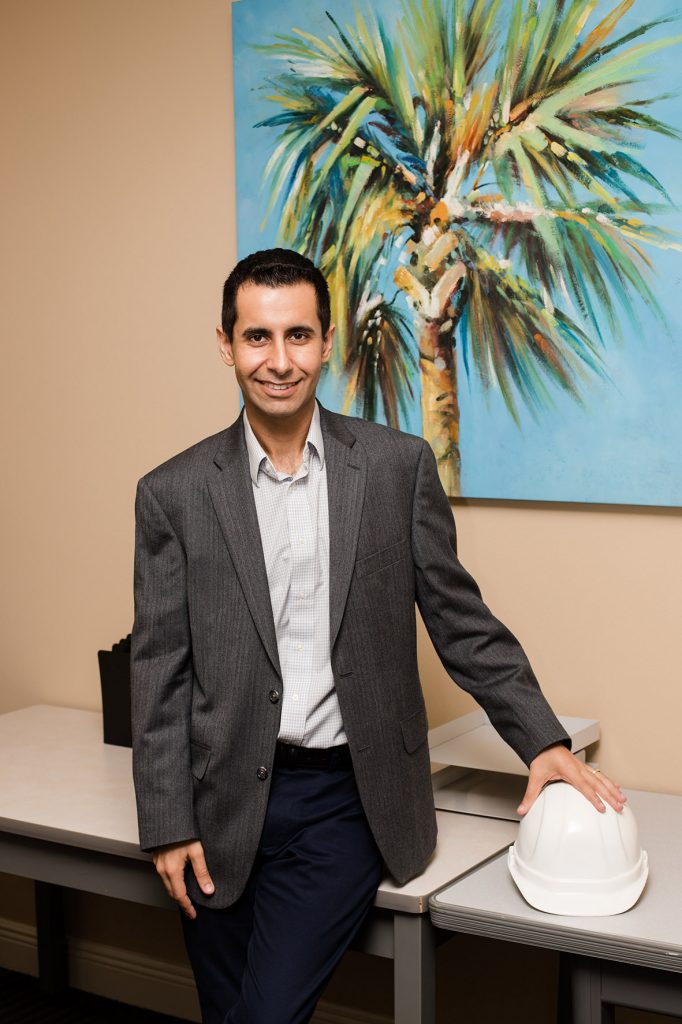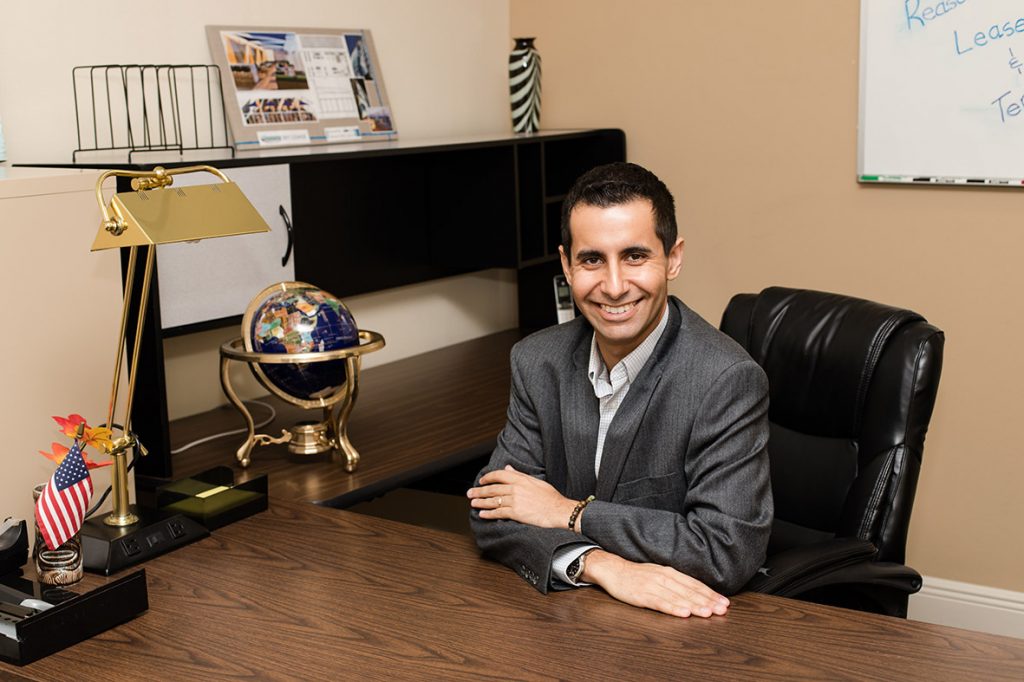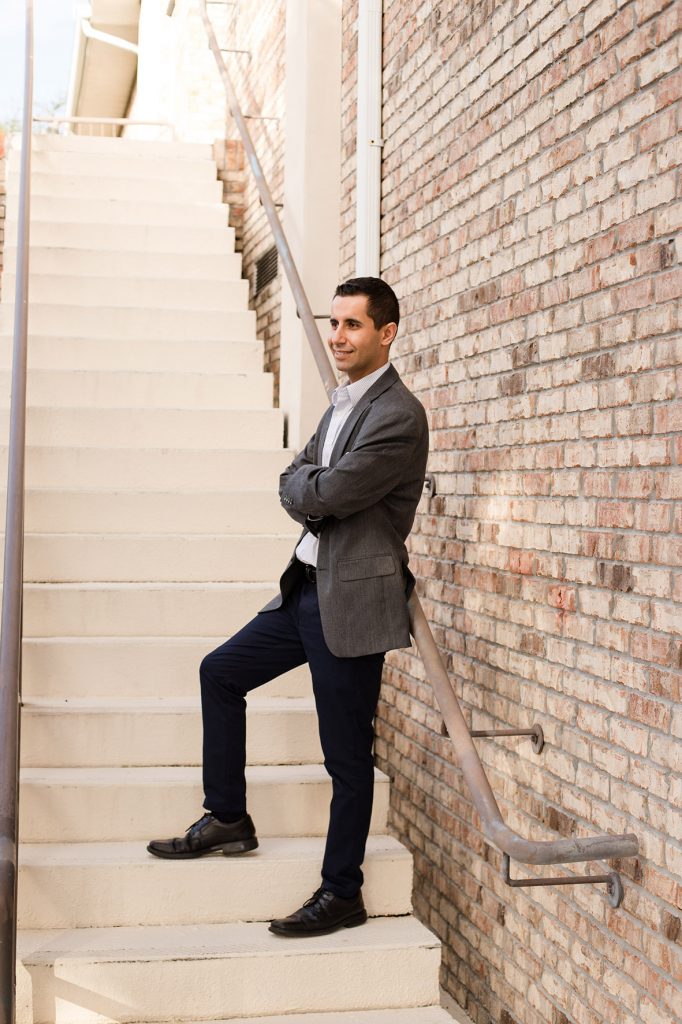
Merritt Island, FL
My HVAC career did not start in engineering. It actually started in science research. And unfortunately, my career ended shortly there. In my graduate studies, and as I looked for my next job around 2009, when the great recession was occurring, I ended up working in engineering, design engineering. And that led me to mechanical engineering. And as a result, I ended up doing quite a bit of HVAC design in my mechanical engineering work.
Connect with John on LinkedIn
Pictures by @annmariehurston
I worked my way up little by little. I would say first job was to cater, of course. And I would say just a continued demand, because at the time engineers, older engineers were retiring, and there was a lack of new engineers entering into industry, if you will, sitting in and doing the work of the past engineers. So, I was entering into the engineering and HVAC industry at a time when attrition was not really addressed. And there was much more retirement of workers, as opposed to recruitment of talent and individuals. What led me to success was a combination of retention and recruitment, I would say, because when I pursued my engineering degree later in my life, many of the mechanical engineers did not do HVAC engineering many did, but most did not. Because facility engineering was not considered to be very glorious, or very visible, or very reputable. It was very hard work. And it was paying well, of course, but it wasn’t as glamorous as, say, aerospace engineering… here on the Coast we launch rockets, and that’s very visible, or automobiles, or trains… where I guess there’s a lot more perceived action and travel and interaction, motorcycle design as well. That was another popular area that my colleagues in engineering school went into when they graduated as mechanical engineers. So, there is a lot of I wouldn’t say competing, but different areas, broad areas, mechanical engineers can do quite a few fields. So, the fact just happened to be one. And it wasn’t one that was very popular. But it was my main interest because one, I was already doing the work. So that helped. But two, I was very interested in energy systems. And that came from my previous work in science, where my biology and my biochemistry background made me very interested in the use of environmental resources and how that use relates to energy and water consumption.
My opinion of a good leader is someone who listens, evaluates, and decides and executes. Someone who has to listen, who leads, because they have to consider all perspectives and options. They have to evaluate those options; a decision has to be made. And then action has to be taken. There are times when some of those could be delegated and rightfully so. But at the end of the day, the leader takes the responsibility of those actions.

One organization that I’m involved with is ASHRAE. It is an international organization, based out of Georgia, in the United States, where their focus is on the advancement of the HVAC and refrigeration industry in the allied sciences. And they prepare their leaders from a grassroots perspective, as far as engaging with members, as well as from a technical perspective in regard to understanding the technical background and development of the industry, of the theories, and how those progress in our understanding. Another organization I’m involved in, it’s much more applicative, I would say, is the Society of American military engineers. And it’s a very relevant organization for me because I am a contractor for the federal government. So that organization focuses on the application of engineering in the military setting. So, between those two organizations, I would say, quite a few leaders are developed.
My favorite part of my current position is the ability to be involved with HVAC in the space industry and the space launch industry, where I am at, and to learn about the infrastructure associated with it, and to really see where we are at and where we will be the future. I think that’s just very exciting for me.

Another thing worth mentioning is there are advantages of being a male in this sector, yes but now women also have opportunities. Um, so when I worked in design engineering, I worked for a female owned small business. And it was predominantly a female run company, where we had architects who were mainly females, and the engineers were mainly male, but the architects knew about engineering a fair amount, as much as they need to know about engineering, electrical or mechanical, whatever discipline. So early in my career, I interacted with women in engineering, and HVAC, regarding perhaps manufacturing, and other sectors of the HVAC industry, I’m not as familiar with those, but according to my interaction in ASHRAE; I would say there is a predominantly larger number of males in those sectors. And I would say being a male in those sectors kind of allowed me to enter that culture a lot more easily. But then it allowed me to bring in my perspectives of working in a woman owned small business very easily, and bring in the fact, the idea that because of the demand of technicians and engineers and the world, that we must involve women in it, because there are so many talents and perspectives that women offer in this field, and just also the sheer labor, we need the number of people to do the work. So, this is an opportunity for women to see ease in the HVAC industry to fill in a gap that perhaps wasn’t there before in the past. And I’m hoping that many women see it and take advantage of it and many employers as well see it and take advantage of the fact that women are there to step into those roles.
Another good point is today the industry is more focused on decarbonization sustainability, resource management, I think that’s where we’re really going, looking at energy, how we use energy, water, as your resource is becoming much more precious. And looking at the carbon cycle, how we’re utilizing carbon, where carbon ends up in the atmosphere and the waste stream. And buildings are part of that cycle and now we realize it more than before. I think the cognizance of the society to include the built environment in this process is very important. Because it’s evident that buildings take part in resource consumption and usage. And lowering the footprint is the objective. That is the next big opportunity that we should become more sustainable, but also more efficient, more economical, and more accessible in technologies eventually.

Within the HVAC industry, there are many leaders who have mentored me, and I look up to. One leader who has brought me up in ASHRAE, Jennifer Eisen, she worked for the University of Tampa for quite a while, now she works for Moffitt Center, in Tampa, Florida.
Mick Schwedler with Trane, he has been a great role model for me in ASHRAE also. Then, I would say outside of the HVAC industry, looking at business models, Bill Gates I think he’s very entrepreneurial, and I am impressed how he expanded his product beyond what he is offering and how he diversified the options. Looking at the importance of diversification of services, I would also say Jeff Bezos, he’s an interesting figure to me as well. Someone who is very persistent but very patient. Patient leaders are very admirable to me. Many leaders try to do things quickly to take advantage of the opportunity, but there is a gift to waiting and finding the right opportunity, not necessarily for the market, but for one’s own company to capitalize on its own resources and its ability to tap into the market.
On a final note, I would say that future leaders of HVAC should take advantage of the opportunities there are in the industry to do the work that needs to be done. And to learn and to grow. Only then, you can start becoming a leader, by doing the actual work and by getting the actual experience. Many people feel that the quick path to leadership is some Executive Class that’s taken or perhaps working under a person and just shadowing them around, which provides some experience but true experience in the industry and showing the fruits of its results is what really matters. It’s something that can be displayed, saying that you made an impact. This I think is the path of leadership that is much more consistent, much more reliable. So, pursue that job, do the harder work, be challenged, struggle, fail, overcome, and move on. Don’t take shortcuts. And before one knows it, they end up becoming a leader not because they choose to, but because people want them to be. I’m hoping that my words can inspire someone or many people in the HVAC industry to succeed. I’m always looking ahead to see who the next leaders will be as I carry on with my leadership position. The next leaders will decide what the future trends will truly be.
